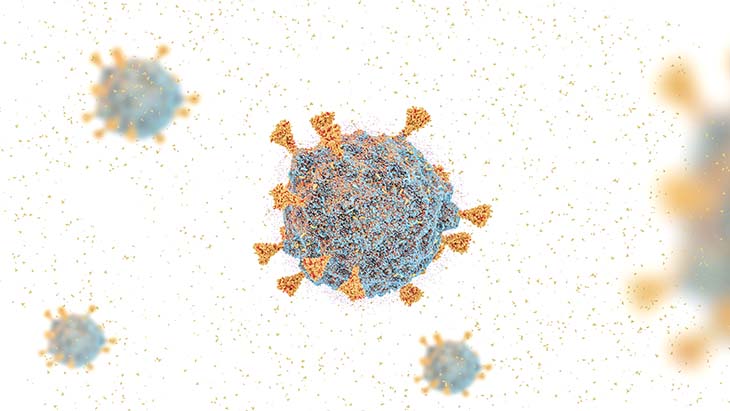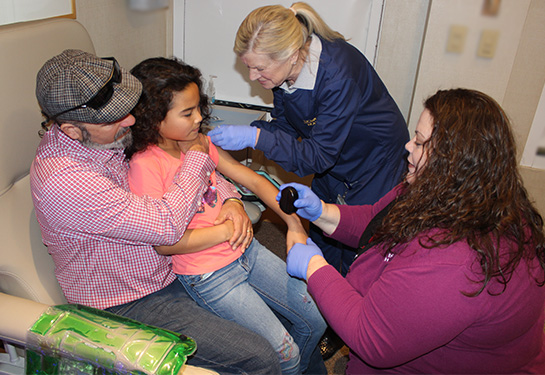The COVID-19 Omicron variant: An infectious disease expert explains what we know so far
Since the COVID-19 Omicron variant was discovered last week, there have been more questions than answers about its transmissibility, severity and the efficacy of vaccines against it.
Stuart Cohen, chief of infectious diseases at UC Davis Health, shares what scientists and physicians know so far and what the variant could mean for the future trajectory of COVID-19.
The Q&A has been edited for length.
How is Omicron different?
This has more mutations than any other variant that’s been seen. A number of the mutations are in the spike protein, so that’s raising people’s anxiety levels. Whether it’s the mRNA vaccines or the J&J vaccines or some of the protein vaccines that may come down later, they’re all focused on targeting and developing an immune response to the spike protein. The spike is what attaches to the cells, too, so it definitely relates to transmissibility. Mutations in the spike can increase transmissibility and also potentially increase the ability for the virus to avoid antibodies made by the vaccine.
How might the vaccines work against Omicron?
We have no clear idea whether the vaccines will be equally effective or not. We know that there’s a potential that vaccines might not be as effective and that the higher your antibody concentrations are, the more protected you will be, so if you haven’t gotten a booster you need to get boosted.

Does the Omicron variant cause more severe illness?
The clinical presentation is going to be the same. COVID-19 is COVID-19, so it’s going to present identically.
Should the public do anything differently?
We still have a significant amount of transmission that’s occurring in Sacramento due to the Delta variant so I’m not necessarily expecting things to change significantly. We’ll just have to see. I think people should be thoughtful, but not necessarily concerned. I think that people should be watchful about what’s happening. You should make sure that you’ve got a booster dose of vaccine. If you haven’t been vaccinated, get vaccinated, and then consider minimizing exposure to large groups unless it’s outdoors.
What does the Omicron variant tell us about possible future variants?
So, the most important thing about Omicron is that it continues to be the evolution of COVID-19. The more people that get infected, the more likely we are to see more variants and so, again, this is a message to get people vaccinated. Right now, the unvaccinated population is really keeping the whole pandemic moving along. You’re not going to see the number of breakthrough cases if people are all vaccinated because that’s the way you finally crush this. We’re just not at that level within our population. We’re pretty good here at UC Davis, but within the population at large, we’re not at a level where we can really stop spread, and very time the virus infects somebody else, there’s a chance for more mutations and if those mutations are beneficial to the virus, they’re going to keep taking off. The more people infected, the more likely we’re going to have to learn the whole darn Greek alphabet. The public should know that staying vigilant and getting vaccinated if you’re not are good things. That’s ultimately the way out of this thing.



